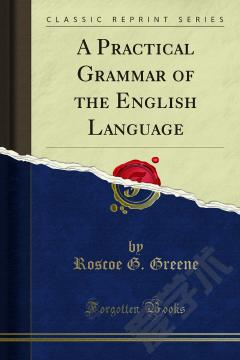A Grammar of the Anglo-Saxon Language
It has been asserted by some that the common people of Italy, Spain, and Portugal, speak the language of their respective countries mostly in accordance with what is written among them; while the same class in England, and we may add in our own country to a certain extent, are generally deficient with regard to the received principles of correct speech in the quality and use of words. Without saying how far the assertion holds good, we will only remark that the philologist and the attentive observer who understands the language of his forefathers, will at once perceive that what is supposed to be incorrect, is in the majority of cases the genuine Anglo-Saxon, which expresses itself through its natural channel. Above the class to which we have alluded, a superstructure has been raised in the various elements which have entered into the composition of our present English since the days of Gower and Chaucer, of Surrey and Spenser, and which took their rise, indeed, considerably anterior to that period, if not with the Norman Conquest. The languages of Italy, Spain, and Portugal, on the contrary, have remained comparatively stationary since their first formation, and, from their very nature, they must be spoken by all conditions of society with but little difference.
{{comment.content}}








 京公网安备 11010802027623号
京公网安备 11010802027623号